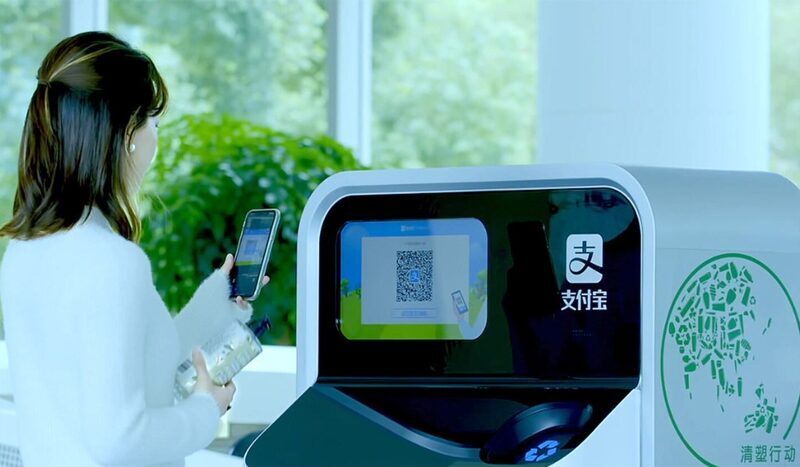
Vodafone Foundation donates €30,000 to support Mozambique over Cyclone Chido
Vodafone Foundation has pledged €30,000 to Save the Children in response to the devastation caused ...

Unilever has joined forces with the Alibaba Group created an Al-enabled recycling system that automatically identifies and sorts plastic packaging. Its aim is to speed high-grade plastic back into the circular economy and move China’s companies and consumers towards a waste-free world.
The joint initiative – called Waste-Free World – is part of Unilever’s drive to tackle the root cause of plastic waste and think differently about packaging.
As a company we have set a goal to halve our use of virgin plastic, cut plastic packaging by more than 100,000 tons and accelerate our use of recycled plastic by 2025.
The initiative is part of that drive and an active response to the Shanghai government’s plan to create a plastic packaging management system that can be used country-wide to promote a more circular economy.
The launch of Waste-Free World saw 20 recycling machines installed as part of a pilot program in offices and community spaces in two of China’s largest cities, Shanghai and Hangzhou.
Each machine is equipped with state-of-the-art AI technology which automatically identifies different kinds of plastic bottle. All that customers need to do is to use Alipay – Alibaba’s e-wallet service – to scan the QR code displayed on the screen of the machine and then deposit the bottle into the recycling bin.
It’s as simple as that – the machine does all hard work. Using AI technology, it automatically identifies the plastic the bottle is made of, sorts it and stores it, so that it can be collected and returned to recycling centers and fast-tracked for reuse rather than degraded.
The system is proving to be a win–win for consumers looking to make more sustainable lifestyle choices and for businesses looking to reuse plastic packaging.
“Alibaba is supporting Unilever to make it easier for Chinese consumers to embrace responsible consumption across our multiple cross-platforms, including Alipay, Tmall, Ele.me and Tmall Supermarket by creating a closed-loop scenario for plastic recycling that starts with its purchase, to usage to recycle and repurchase,” says Vice President of the Alibaba Group, Jet Jing.
Waste-Free World’s ability to pre-sort plastic packaging into its various grades “enhances the quality of recycled plastic bottles and means the reuse of plastic materials will be more effective and could better contribute to a circular economy,” adds Unilever North Asia’s Supply Chain Vice President, Jennifer Han.
And that is positive news for Unilever as it drives forward with its commitment to reduce the absolute use of plastic in its products, and for the Chinese government as it looks to roll out systems that will m“We believe Waste-Free World, jointly launched with Alibaba Group, will become the ‘green engine’ of the circular economy for plastic packaging in China,” he says.
“We believe Waste-Free World, jointly launched with Alibaba Group, will become the ‘green engine’ of the circular economy for plastic packaging in China,” he said.
Vodafone Foundation has pledged €30,000 to Save the Children in response to the devastation caused ...
The European Commission has adopted a decision to disburse €1 billion in loans to Egypt following ...
Opening the Helwan University clinic brings the total number of Safe Women Clinics to 48 ...


اترك تعليقا